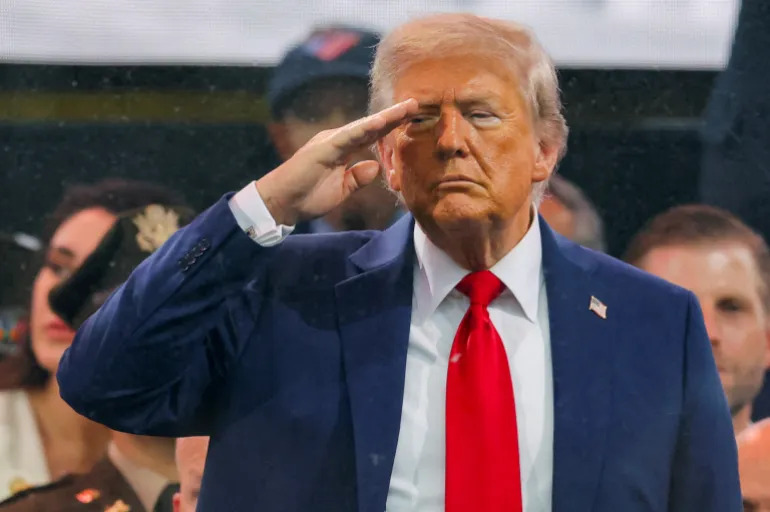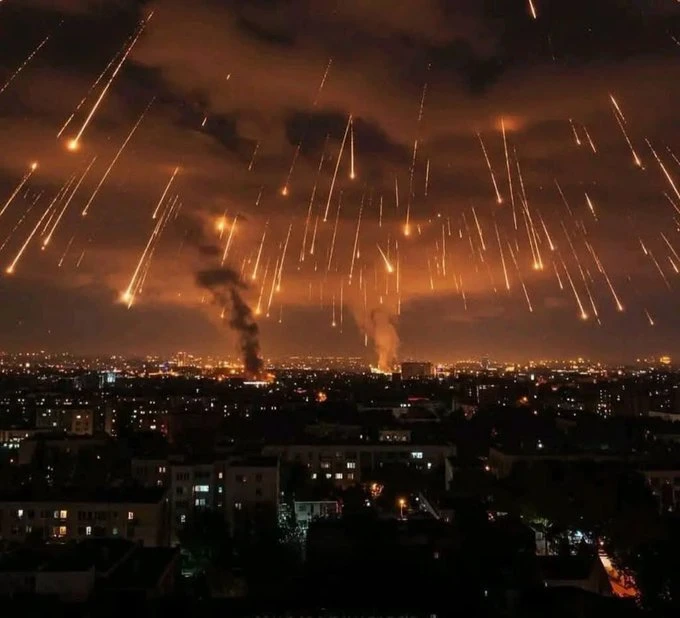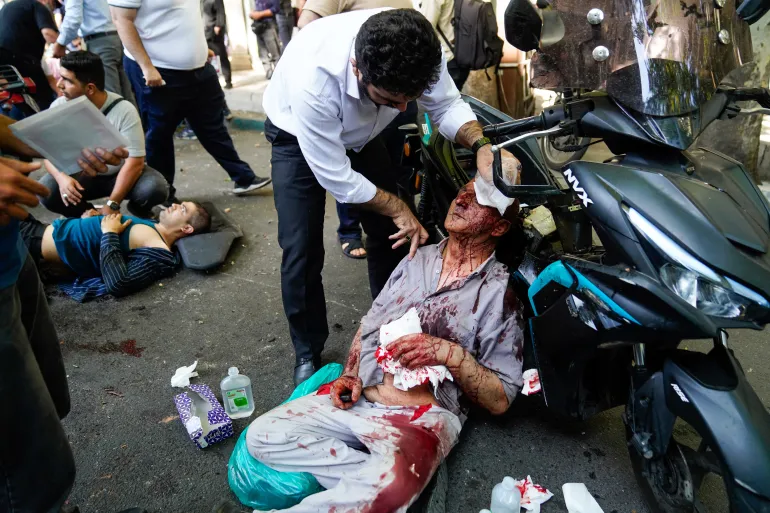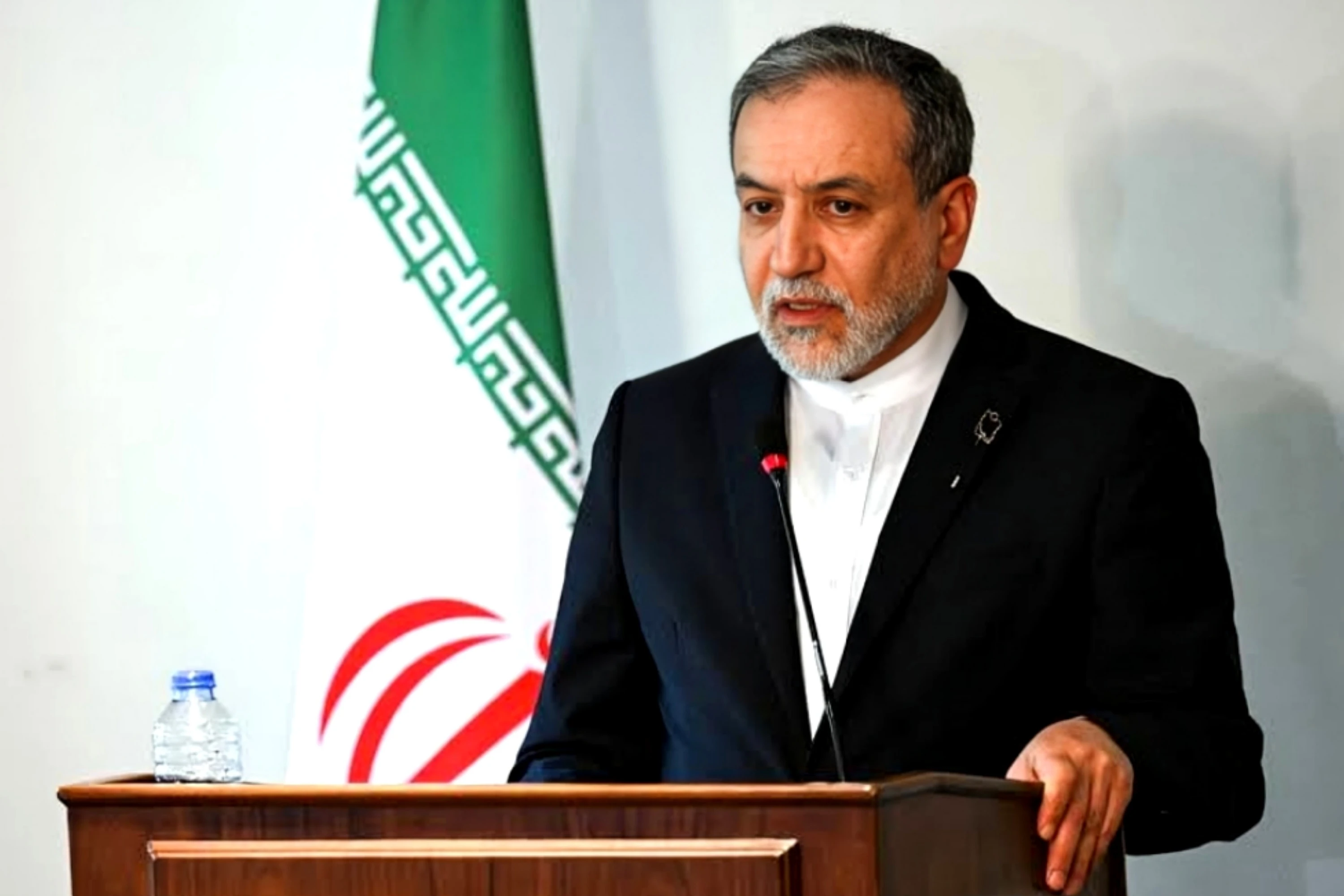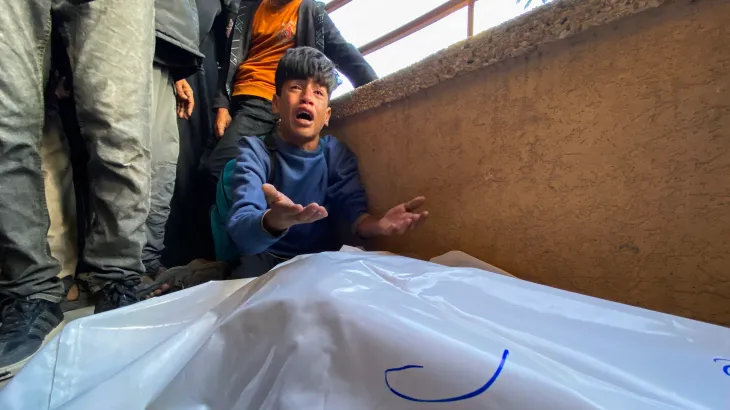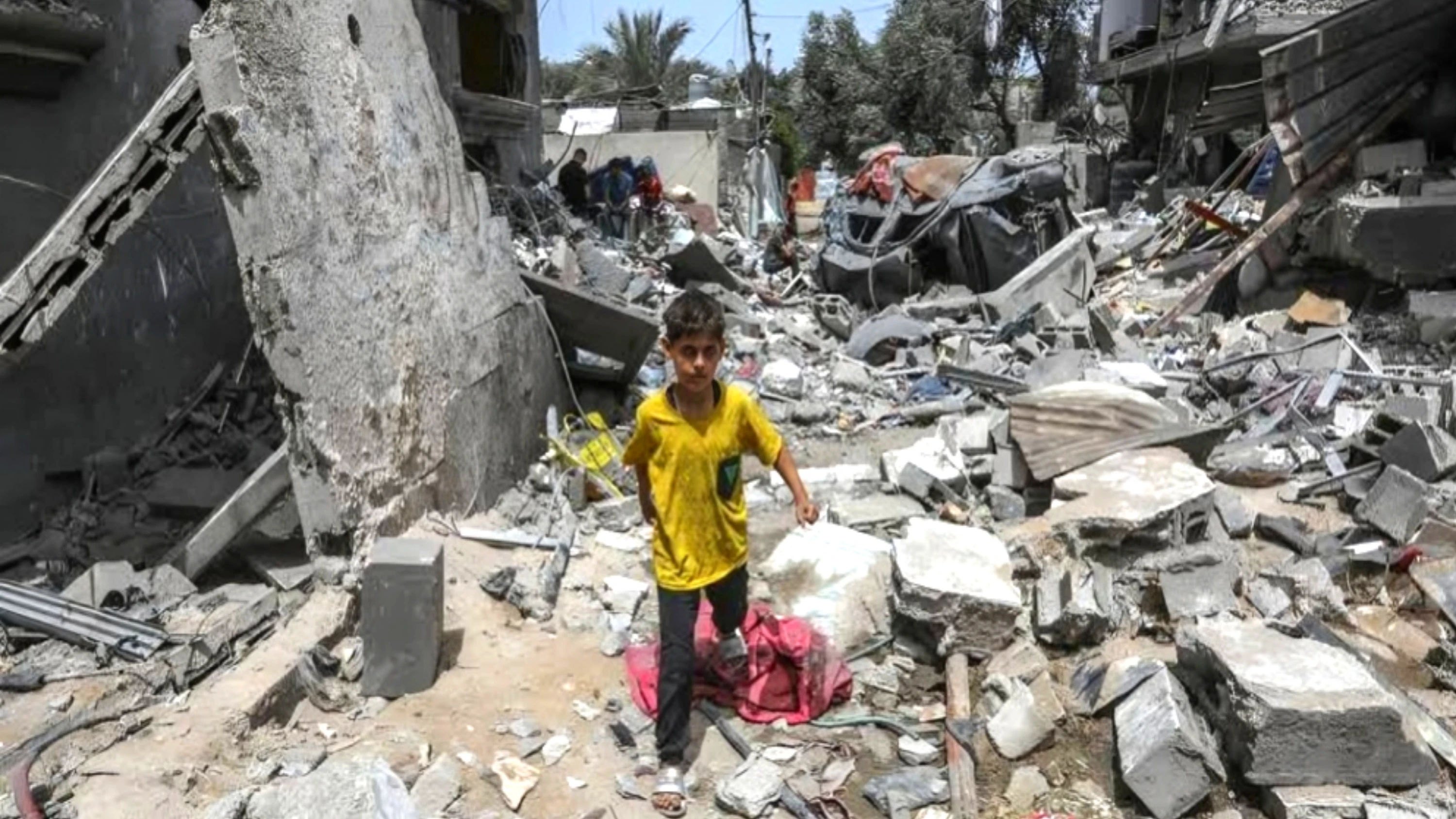Tehran: Iran’s Supreme Leader, Ayatollah Ali Khamenei, issued a stern warning on Monday, stating that if the United States follows through with President Donald Trump’s threats of military action against Iran, there will be a forceful response.
According to Reuters, Khamenei said, "The U.S. and Israel have always been hostile toward us. They threaten us with attacks, which we deem unlikely, but if they commit any mischief, they will certainly receive a strong response."
This warning comes after Trump, in an interview with NBC News on Sunday, stated that if Iran refuses to negotiate, it will face bombings "like never before." Trump’s administration had reportedly sent a letter to Iran in early March, offering Tehran a two-month window to decide on negotiations.
In an interview with Fox News, Trump confirmed that he had invited Khamenei for talks but also hinted at economic measures, saying, "If they don’t agree to a deal, I might impose additional tariffs, just as I did four years ago."
Iran has accused Western nations of inciting internal unrest, citing past protests, such as those triggered by Mahsa Amini’s death in 2022-2023 and the 2019 fuel price hikes. Iranian President Masoud Pezeshkian stated that Tehran has informed Washington that it is open to indirect negotiations. However, direct talks remain off the table.
During a cabinet meeting, Pezeshkian emphasized that Iran has never rejected negotiations outright but remains cautious due to past breaches of trust by the U.S. "Negotiations will continue based on America’s behavior," he added.
According to BBC, Iran had responded to Trump’s letter via Oman, rejecting direct talks but keeping diplomatic channels open for indirect discussions. Iranian Foreign Ministry spokesperson Fatemeh Mohajerani also confirmed on social media that "indirect negotiations remain on the agenda."
While neither side has disclosed details of Trump’s letter, Iranian officials, including Foreign Minister Abbas Araghchi, suggested that it contained both threats and diplomatic overtures. "We will not tolerate threats against the Iranian people," Araghchi asserted.
Meanwhile, Iran’s Parliament Speaker Mohammad Baqer Qalibaf warned that if the U.S. executes its military threats, its bases in the region would not be safe. He also criticized Trump’s letter for failing to mention the lifting of sanctions.
Khamenei has previously stated that direct negotiations with the U.S. would not be a "wise" decision. Political analysts have drawn parallels between the current situation and former U.S. Secretary of State Henry Kissinger’s observation that, in diplomacy, "either you know everything, or you know nothing." The secrecy surrounding the U.S.-Iran exchanges has fueled speculation and varied interpretations.
Despite Trump’s warnings and Iran’s firm stance, both nations appear keen to keep diplomatic options open. Republican Senator Lindsey Graham recently expressed hope that Trump would resolve the situation through diplomacy rather than military action.
In Geneva, Iran continues technical discussions with the UK, France, and Germany. However, little information has been released regarding these negotiations. European diplomats have also stated they are unaware of the details of the Geneva talks.
For now, speculation and unofficial sources dominate the discourse as all parties maintain a strategic silence on the specifics of their diplomatic engagements. While tensions remain high, the prevailing focus appears to be on keeping negotiations alive rather than escalating conflict.



